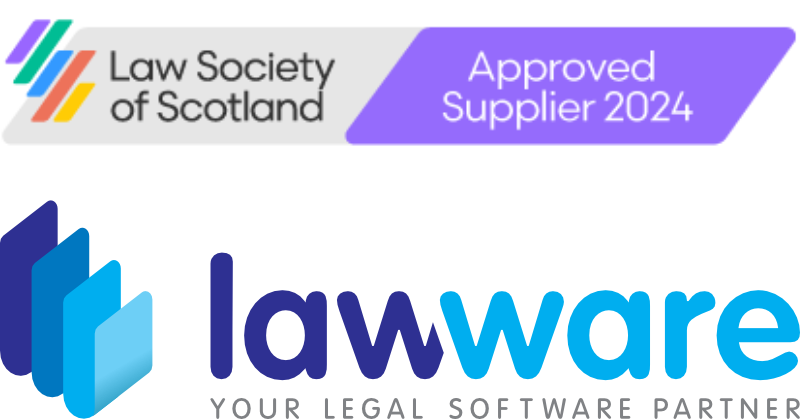UK law firms, like any other businesses, should understand their legal software software contracts for a variety of important reasons.
With this purpose in mind, here we take a look at some of the common pitfalls in legal software contracts and attempt to seek the “devil in the detail”.
1. Termination and Exit Strategy.

It may sound strange to start with this issue. Yet you’d be surprised how many times we at LawWare have spoken to law firms who are hamstrung by their existing softwware contract. Many facing punitive issues to extract themselves from a relationship with a supplier they no longer consider is meeting their needs.
Law firms should be aware of the conditions and penalties associated with terminating the software contract. Without doubt, having an exit strategy in place and understanding how to transition to a new system if necessary is vital to avoid disruption in the firm’s operations. At the end of the day, your data belongs to you. With this in mind, ensure your supplier has a free and complete data return policy.
2. Financial Implications.
Understanding the terms and conditions of the software contract is crucial to manage the financial implications of the product. This includes the cost of licensing, subscription fees, maintenance fees, and any potential penalties for early termination or exceeding usage limits. Failure to understand these terms can result in unexpected costs that may negatively impact the firm’s budget.
Also, keep an eye out for what appears to be a low-cost deal. You can guarantee the price will increase once the honeymoon period is over.
3. Compliance and Data Security.
Law firms deal with sensitive and confidential client information. Ensuring that the software complies with data protection laws and maintains high-level security is paramount. Understanding the contract helps law firms assess the software’s compliance with GDPR or other relevant regulations and its data security measures.
4. Service Level Agreements (SLAs).
Law firms often rely on software for critical tasks. Understanding SLAs in the contract, which outline the software provider’s responsibilities, service uptime, and response times, is essential to ensure that the software can meet the firm’s operational needs and maintain client service quality.
5. Customisation and Integration.
Many law firms require software that can be customised or integrated with other tools. Therefore, understanding the contract can help determine the level of customisation allowed, the cost associated with it, and any limitations on integrating the software with other applications.
6. Support and Maintenance.
Knowing the support and maintenance services provided by the software vendor is important. This includes the availability of technical support, software updates, and patches. Understanding the contract helps law firms set expectations for the level of support they will receive.
In essence, ask yourself the question: “Is support UK-based and, when I need it, can I actually speak to a human being?” If you are not getting the answer “yes” to both of these, look elsewhere.
7. Legal Software Contract Renewal Terms.
Understanding the terms for contract renewal is critical to avoid auto-renewal surprises and to assess whether the software still meets the firm’s needs and budget.
8. Vendor Responsibilities and Liabilities.
The contract outlines the vendor’s responsibilities and liabilities. It’s essential to know what the vendor is accountable for and what remedies are available in case of non-compliance or service disruptions.
9. Scalability and Future Needs.
As law firms grow, their software needs may change. Therefore, understanding the contract can help assess whether the software can scale with the firm’s growth and adapt to changing requirements.
10. Dispute Resolution.
Contracts often include provisions for dispute resolution in case of conflicts between the law firm and the software provider. Consequently, understanding these mechanisms is crucial for resolving any contractual disputes.
Legal Software Contracts – Conclusions.
In summary, understanding the legal practice management software contract is vital for UK law firms to ensure cost-effectiveness, compliance, data security, and the software’s ability to meet their operational needs. It also helps in building a good working relationship with the software provider and mitigating potential risks.
However, it pays to keep an eye out for the contract detail. If you fall out with your supplier, you need to be able to extract yourself from the contract. With certain suppliers, that can be a lot more difficult to do than you think. Basically, look before you leap!
Contact LawWare for further details.



